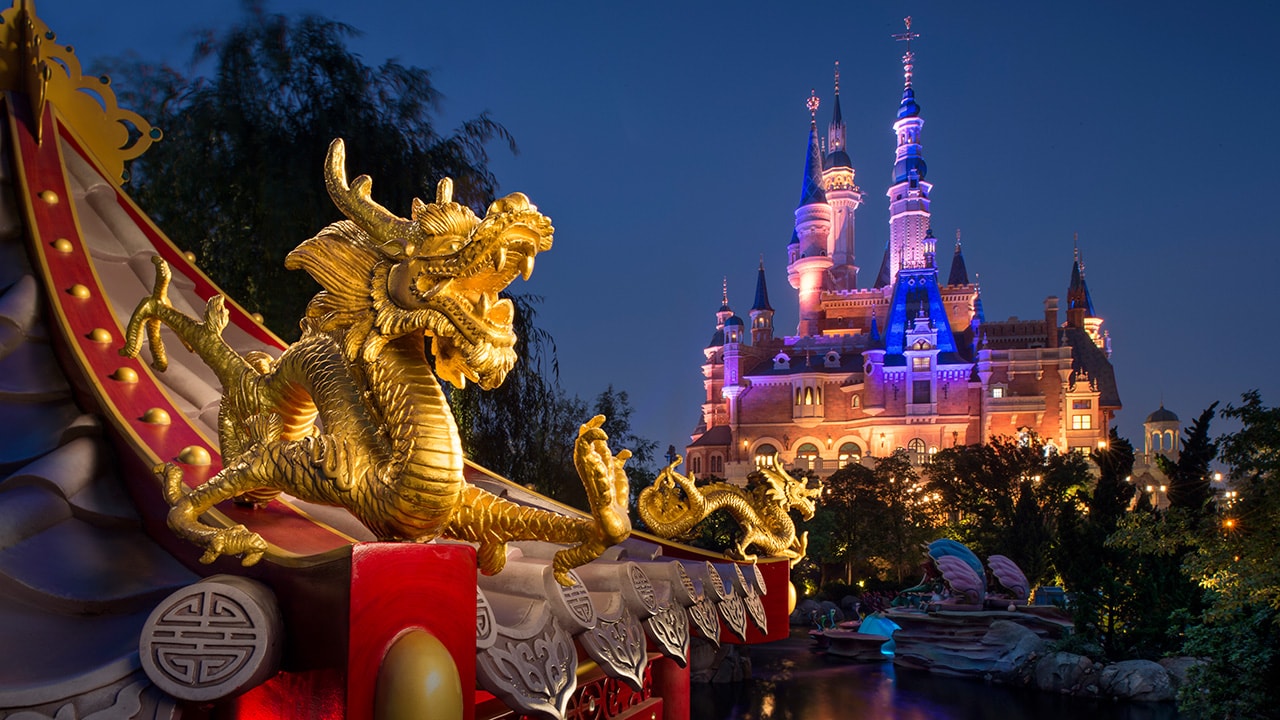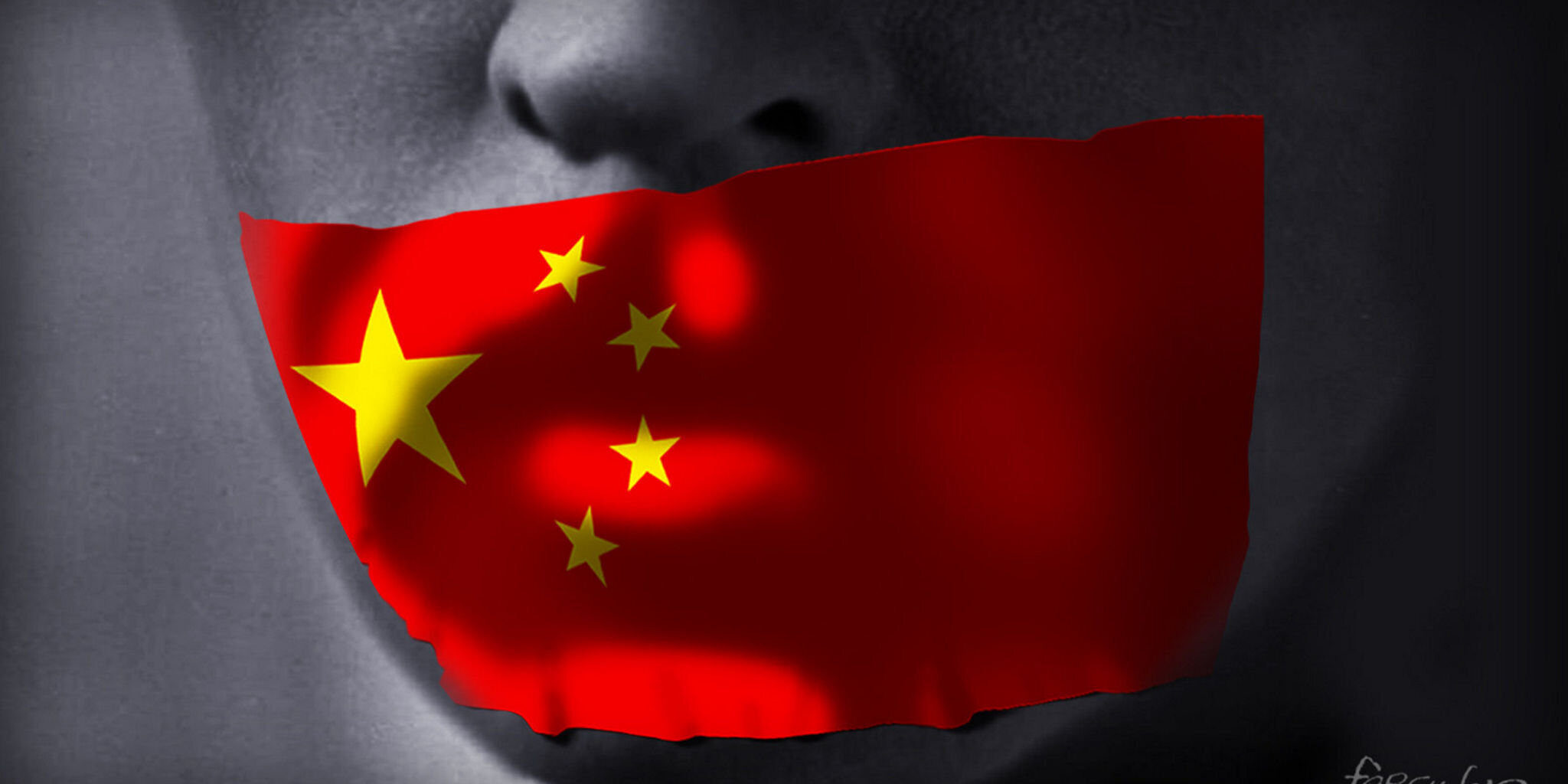The Extent of Chinese Influence on Western Companies
Disney’s recent decision to remove an episode of “The Simpsons” that mentions “forced labor camps” in China from its streaming platform Disney+ has sparked a heated debate about self-censorship in the media.
This move highlights the growing influence of the Chinese government over foreign companies and its ability to influence their content. The situation is even more concerning when one considers the power and influence of Disney, arguably the world’s largest media company.
China is one of the world’s largest and fastest-growing economies, and companies are eager to tap into its market. However, in order to do so, they must comply with strict Chinese censorship laws. This has led to a growing trend of self-censorship, where companies remove or alter content that the Chinese government finds politically sensitive.
This is particularly true for media companies, where the potential consequences of non-compliance are severe, ranging from blocked access to the Chinese market to fines or even legal action.

Disney has effectively caved in to Chinese censorship, even though the company is based in the United States. This raises serious questions about the implications of foreign interference in Western media companies, and the impact it may have on free speech and the free flow of information.
German Automakers Self-Censor to Retain Market Access
This is not an isolated incident. In recent years, many multinational corporations have faced pressure from the Chinese government to censor their content or face consequences such as being banned from operating in the country. This trend of self-censorship is not limited to just the entertainment industry, as even automobile manufacturers have faced similar pressure.
One notable example is the German automobile manufacturer, Volkswagen. In 2019, Volkswagen faced criticism after its CEO, Herbert Diess, said that he was “not aware” of China’s treatment of Uighurs in the region of Xinjiang, even though his own company has helped to build a factory there.

Another example is that of Mercedes-Benz, the German automaker who issued an apology to the Chinese government for quoting the Dalai Lama on Instagram.
This kind of interference into Western companies by foreign governments is not limited to China. Other countries such as Russia and Iran have also used their economic power to influence the actions of Western corporations. These actions not only infringe on the freedom of expression of these companies but also have wider implications for democracy and the rule of law.
When corporations are forced to censor their content to maintain market access, it sends a clear message that some governments are allowed to use their economic power to control the narrative and restrict the free flow of information.
Turning away from China would harm growth, wealth and employment in Germany.
Herbert Diess, Volkswagen CEO, 2022
Self-censorship by corporations can also undermine the effectiveness of governments in promoting human rights and democracy abroad. If corporations are seen to be complicit in censorship and restricting freedom of expression, it becomes much harder for governments to credibly promote these values on the international stage.
In essence, European companies are coerced to pressure their own governments to align with those of China. A recent example is of the Volkswagen CEO, Herbert Diess, who has publicly pressured the German government to appease Chinese interests.
Standing Up Against Interference: An Imperative for Protecting European Interests
The growing trend of self-censorship by companies like Disney, Volkswagen, and Mercedes-Benz is not only concerning, but it also undermines the democratic process and the independence of Western countries. It is imperative that steps be taken to counteract this trend, in order to ensure that Western companies remain free from foreign interference.
First, Western governments need to take a more proactive stance in supporting companies that resist censorship. This should include providing legal and financial support, as well as diplomatic and political support.
Consumers should also take a stand. By choosing to support companies that prioritize freedom of speech and the free flow of information, consumers can help to ensure that media companies are held accountable.

In conclusion, the censorship of “The Simpsons” episode by Disney highlights a wider trend of Chinese influence and control over Western companies operating in China. This pressure not only affects the creative content of media giants like Disney, but also has wider implications for the freedom and autonomy of European industries.
Europeans must stand united in our resolve to protect our companies and safeguard our values of freedom and creativity.
Only a strong, federal, united Europe, where we can act with one strong voice, can defend our interests against external pressures and bullying. Only by coming together can we ensure that our companies and governments are free from foreign influence and able to operate independently and fairly in the global marketplace.






